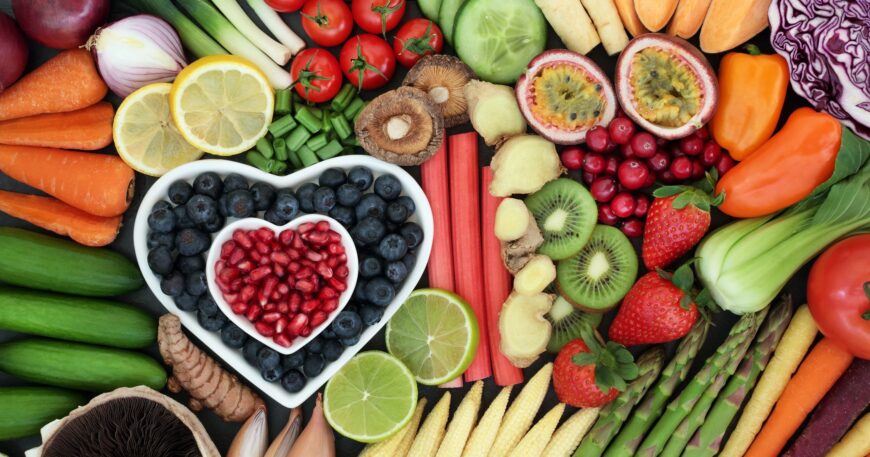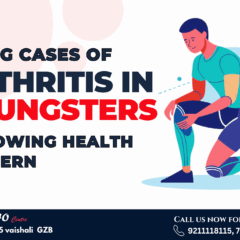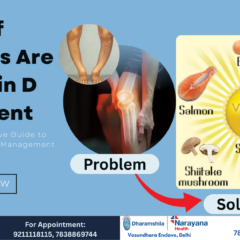
What to eat after Knee Surgery
Recovering from knee surgery demands more than rest and physical therapy; it also requires careful attention to nutrition, and many patients don’t know what to eat after Knee Surgery. The foods you consume can significantly impact your healing process, manage inflammation, and help you rebuild strength.
This guide will help you plan your meals effectively to support a smooth recovery.
Include Anti-inflammatory Foods after knee surgery
Fruits and Vegetables: Incorporate a wide variety of colourful fruits and vegetables into your diet. These foods are rich in antioxidants and vitamins, which can help reduce inflammation and promote healing. Particularly beneficial options include berries, leafy greens, and citrus fruits. Blueberries, strawberries, and oranges are packed with vitamin C, essential for collagen production, while spinach and kale are excellent sources of vitamins A and K, which support overall health.
Prioritise Protein for Healing
Lean Protein Sources: Protein is vital for tissue repair and muscle strength. Focus on incorporating lean protein sources such as chicken, fish, tofu, beans, dalia, milk, nuts, almonds, sprouts, eggs, and lentils. These foods provide essential amino acids for repairing tissues and maintaining muscle mass. For instance, Boiled chicken or boiled egg can be a great addition to your lunch or dinner, while lentils and beans can be used in soups, stews, or salads.
Choose Whole Grains and Fiber
Complex Carbohydrates: Whole grains like oats, millet, and brown rice provide sustained energy and help maintain bowel regularity, which can be particularly important if pain medications cause constipation. These grains are also rich in fibre, which supports digestive health.
Fibre-Rich Foods: Oats, porridge (dalia), fruits like cucumber, peach, avocado, banana, and green leafy vegetables.
Ensure Adequate Calcium and Vitamin D
Dairy or Alternatives: Calcium is crucial for bone health, and dairy products like milk, curds, and cheese are excellent sources. If you are lactose intolerant or prefer plant-based options, choose fortified milk and curds.
Sunlight and Supplements: Vitamin D aids calcium absorption. Aim to get some sunlight exposure daily, but if this isn’t feasible, consider taking a vitamin D supplement. This is especially important if you live in an area with limited sunlight during certain seasons.
Stay Hydrated
Water: Adequate hydration is essential for joint lubrication, digestion, and overall bodily functions. Make sure to drink plenty of water throughout the day. Herbal teas and clear broths can also contribute to your fluid intake. Aim for at least eight glasses of water daily, and more if you are physically active or live in a hot climate.
Limit or Avoid Certain Foods after knee surgery
Processed Foods: Foods high in unhealthy fats, sugars, and sodium can exacerbate inflammation and hinder healing. Avoid processed snacks, sugary drinks, and fast food. Instead, opt for whole, unprocessed, nutrient-dense foods that support your body’s recovery.
Consult with Your Healthcare Provider
Individual nutritional needs vary based on age, weight, and surgical procedure. Always consult with your healthcare provider or a registered dietitian for personalised advice. They can help tailor your diet to meet your unique needs and ensure you get the right balance of nutrients to support your recovery.
Practice Patience and Consistency
Recovery from knee surgery takes time and effort. Be patient with yourself and maintain a consistent, balanced diet to support your healing journey. Combine good nutrition with adequate rest and physical therapy for the best outcomes.
By focusing on nutrient-dense foods that promote healing and reduce inflammation, you can effectively support your recovery from knee surgery. Remember, a well-rounded diet, along with proper medical care and physical therapy, forms the cornerstone of a successful rehabilitation process.


